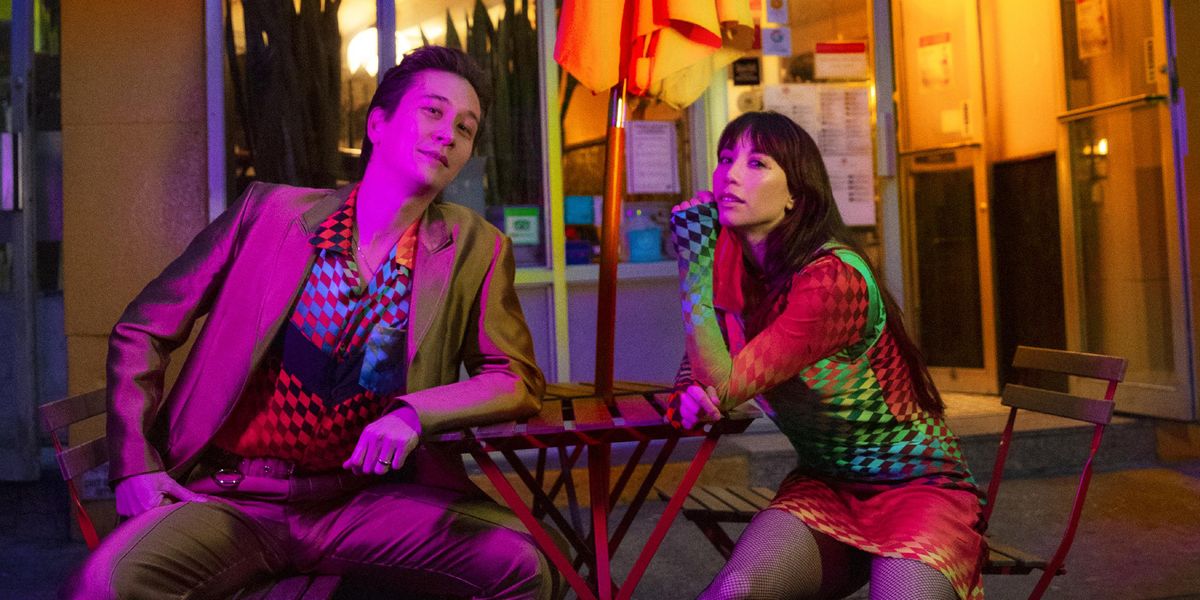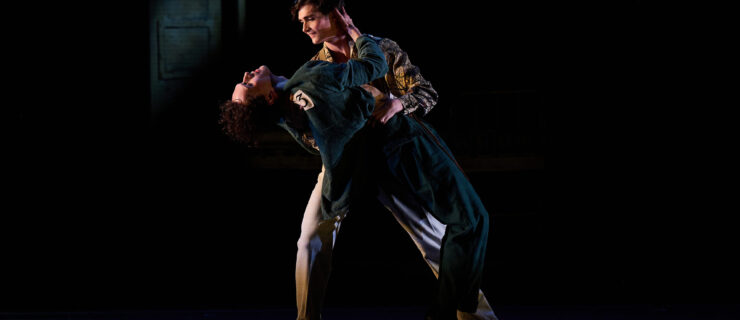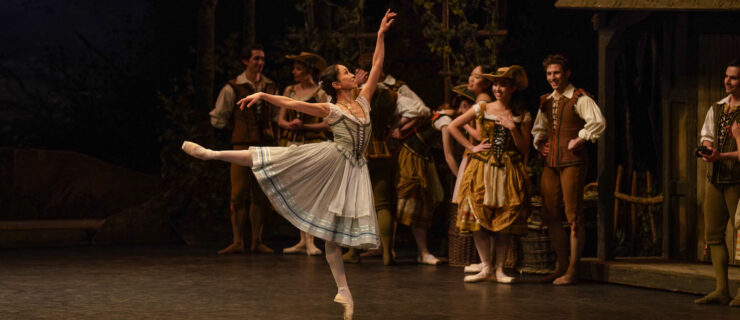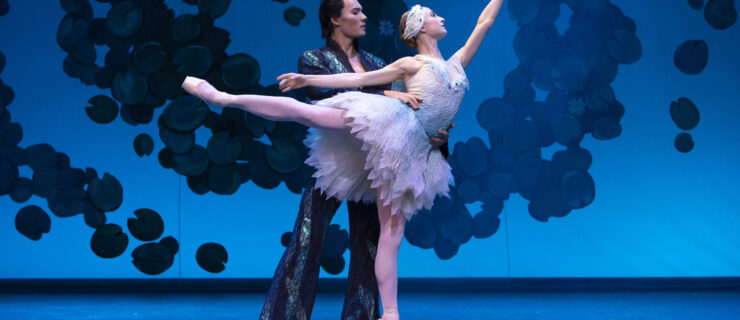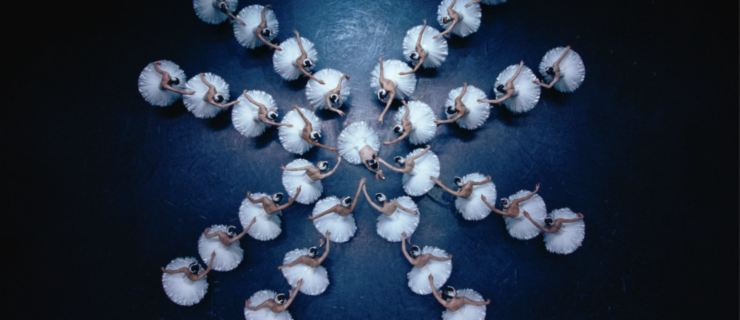10,000 Dreams Virtual Choreography Festival Spotlights Asian Choreographers Throughout May
In the wake of rising hate crimes against the Asian American and Pacific Islander (AAPI) community over the last year, many ballet companies have been posting messages of solidarity on social media and voicing their commitment against racial injustice. However, there is still work to be done in reflecting that commitment on stages. Phil Chan, co-founder of Final Bow for Yellowface, an organization dedicated to eliminating offensive Asian stereotypes in dance, says he would give ballet companies a letter grade of C-minus for their current diversity and inclusion work.
“I say C-minus because ballet companies have received the grade for participation, but not for excellence,” explains Chan. “There are companies that are really doing a great job with this conversation and are at the front lines, but there are others still stuck in the 19th century. In ballet specifically, so many companies still perform La Bayadère, Le Corsaire or the “Chinese Tea” variation from The Nutcracker that continuously display Asian stereotypes or caricatures, also known as yellowface. They don’t hire Asians to tell our own stories, to make work on our own terms. There is a really big imbalance.”
To help ballet companies better walk the talk, and in honor of AAPI Heritage Month, Final Bow for Yellowface is raising visibility of some of the leading Asian choreographers of today through 10,000 Dreams: A Virtual Choreography Festival. Each day in May, a choreographer of Asian descent will be profiled on Yellowface.org and on the group’s Instagram page, where viewers can watch a short digital work created by the featured dancemaker. Final Bow has challenged artistic directors who have signed its pledge to view the digital works and commission a choreographer of Asian descent by 2025.
“Some artistic directors have said to us that they haven’t commissioned Asian choreographers because they ‘can’t find them’ or ‘they aren’t coming to us.’ So we thought if we want to ask these companies to commit to doing better by hiring Asian voices, let’s help them out. Let’s show them we are all here and doing great work,” says Chan.
The festival was curated by Chan, New York City Ballet soloist and Final Bow co-founder Georgina Pazcoguin, and Jessica Tong, associate artistic director of Hubbard Street Dance Chicago. The lineup includes choreographers from a variety of disciplines, including classical and contemporary ballet, ethnic/folk traditions, hip hop, breaking, funk and modern.
Only the Beginning
In addition to the daily featured choreographers, Final Bow has partnered with Hubbard Street Dance Chicago to present Unboxed, in which three Asian and Asian-American dancemakers were invited to reimagine The Nutcracker‘s “Chinese Tea” divertissement. Yin Yue (May 10), Edwaard Liang (May 17) and Peter Chu (May 24) will each present their fresh take on the classic variation, hosted by Hubbard Street.
The festival concludes on May 31 with an archival screening of the late Asian-American choreographer Choo San Goh’s Fives, presented by The Washington Ballet on Final Bow’s website and Instagram page.
Beyond May, Final Bow is preparing to launch an Asian choreographic incubator with six major American ballet companies. The project will pair Asian choreographers with Asian composers, lighting and costume designers, and other creatives to help set their work on a partner ballet company.
Final Bow continues to grow, and the organization is currently working on establishing 501(c)(3) status. But to truly implement lasting change in the ballet world involves Asian dancers continuing to speak up, and allies willing to listen.
“For Asian dancers, don’t be afraid to share your experiences and know they are valid,” advises Chan. “Change can’t happen if we stay silent. For allies, the most important thing you can do is to not center yourself in this experience. After the shootings in Atlanta, for example, people kept coming to me and saying, ‘I feel so terrible, I can’t believe this.’ Instead, come to me and ask, ‘How are you feeling? Do you want to talk about this? I am here for you.’ You become a true ally, better advocate, and a more sensitive and empathetic person when you are able to center someone else’s experience and remove your own ego from it.”
